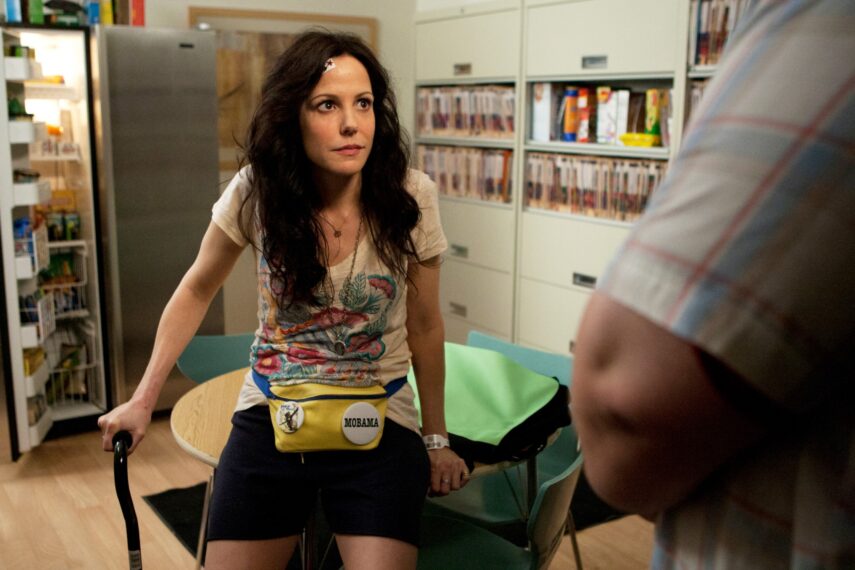ETSU’s Reece Museum partnered with Alzheimer’s Tennessee Northeast Tennessee to implement SPARK! in 2018; at the time that they established their program, they were the fourth location in the country to offer SPARK!. Once a month, ETSU's Reece Museum becomes a sanctuary for people with memory loss and their caregivers to immerse themselves in cultural experiences and connect with others. “SPARK! is a cultural programming experience for social engagement,” said Tracey Wilson, regional director of the Alzheimer’s Tennessee Northeast Tennessee office.
“It is a comfortable, supportive, failure free environment where individuals can thrive and caregivers cannot feel that sense of anxiety about interactions.” SPARK! programming is a nationwide movement that began in 2009. Currently, there are SPARK! Alliance institutions situated in Wisconsin, Iowa, Colorado, Michigan, Minnesota and Tennessee.

“Bringing a sense of purpose is something that this program is designed to do,” Wilson said. ETSU’s Reece Museum partnered with Alzheimer’s Tennessee Northeast Tennessee to implement SPARK! in 2018; at the time that they established their program, they were the fourth location in the country to offer SPARK!. Rebecca Proffitt became the director of the Reece Museum in 2019.
Having joined the museum following the establishment of SPARK!, Proffitt was excited to continue working with Wison to ensure the community still had access to the programming. Proffitt said that SPARK! and its values align with those of the Reece Museum, making the partnership between the two mutually cohesive. “It fits so well with the work that we are doing in the museum as a whole,” Proffitt said, “That’s a really important philosophy for us that people can come here and find a safe space where they can be their whole selves and rather than finding judgment, they just find a place to have a discussion or to think about things through a different lens or to feel empathy with people.
” The Reece Museum offers SPARK! on the first Tuesday of every month. Proffitt said that the sessions are always beautiful and emotional. “It’s really beautiful when SPARK! happens in a way that people are relaxed and they begin to tell their stories and share themselves in that group setting,” Proffitt said.
“It’s emotional–I get choked up a lot of times in the meetings because people are very vulnerable and that’s important to us.” Each SPARK! session revolves around a theme, which is based on the items from the museum’s collection that are brought out during the meetings. Each SPARK! session revolves around a theme, which is based on the items from the museum’s collection that are brought out during the meetings.
As a culturally-specific institution, items in the Reece’s collection all center around Appalachian identity and culture. Proffitt added that the use of SPARK! as the program title is accurate to what actually happens during a session. “That’s why we preserve all these things, because when we look at them, and we touch them, and we think about them, we recall stories, and we recall people and memories and happenings in our lives,” Proffitt said.
“It sparks those things that we want to share in that group.” SPARK! sessions at the Reece Museum typically last 60–90 minutes and have around 6 participants. SPARK! is open for any individuals experiencing early to mid-stage memory loss due to Alzheimer’s disease or any of the dementia subtypes.
“Bringing a sense of purpose is something that this program is designed to do,” Wilson said. The session begins with a meal and socialization, followed by introductions and an introductory question, which is always based on the session’s theme. Then, the meeting turns to discuss the artifacts and items presented from one of the museum’s collections.
Both Proffitt and Wilson expressed how crucial SPARK! was for making a difference in the lives of those living with memory loss, as well as those acting as their caregivers. “There’s just a room full of people that you can talk about things with that you might not be able to talk about in another setting,” Proffitt said. “It’s really good for the person with the diagnosis, but equally, we want the caregiver to feel very supported like they have people they can talk to about things.
” Wilson reinforced how SPARK! exists to equally serve the caregiver as much as the person with the diagnosis. “We speak to a lot of people who are caring for those living with a diagnosis and one word you hear fairly regularly is isolated,” Wilson said. “Caregivers do feel that sense of isolation and this is one event at least every month that they were able to shed some of that feeling.
” Proffitt and Wilson hope to see SPARK! continue at the Reece Museum and grow to touch more lives. In the future, Proffitt wants to experiment with the traditional program format by incorporating art making to allow participants to have an avenue to express creativity. For Wilson, future aspirations are much more simple.
“I want this to be forever...
I just want it to always be an offering that we are able to give the community,” Wilson said. “We meet a lot of people who are in extreme need for them to have another outlet, another avenue, so my entire hope and wish and goal is that the program just stays until we have a cure.” SPARK! Cultural programming for people with memory loss is held on the first Tuesday of every month at ETSU's Reece Museum.
SPARK! is free and open for any individuals experiencing early to mid-stage memory loss due to Alzheimer’s disease or any of the dementia subtypes. Interested participants should RSVP by calling the Reece Museum at (423) 439-4392. For more information on the Reece Museum, visit: www.
etsu.edu/cas/cass/reece/ . For more information on SPARK!, visit: www.
sparkprograms.org.



















